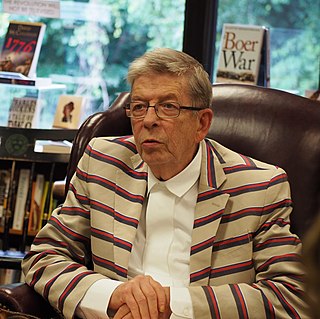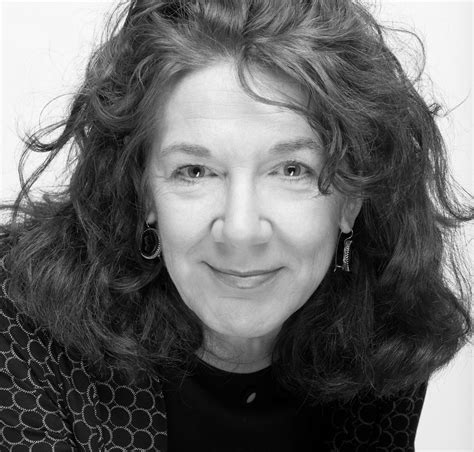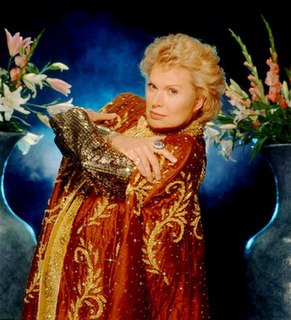A Quote by Hilary Mantel
The word 'however' is like an imp coiled beneath your chair. It induces ink to form words you have not yet seen, and lines to march across the page and overshoot the margin. There are no endings. If you think so you are deceived as to their nature. They are all beginnings. Here is one.
Related Quotes
I think if a writer is not endeavoring to expand and alter consciousness in himself and in his readers, he is not doing much of anything. It is precisely words, word lines, lines of words and images, and associations connected with these word and image lines in the brain, that keep you in present time, right where you are sitting now.
Catherine Land liked the beginnings of things. The pure white possibility of the empty room, the first kiss, the first swipe at larceny. And endings, she liked endings, too. The drama of the smashing glass, the dead bird, the tearful goodbye, the last awful word which could never be unsaid or unremembered.
It was the middles that gave her pause. This, for all its forward momentum, this was a middle. The beginnings were sweet, the endings usually bitter, but the middles were only the tightrope you walked between the one and the other. No more than that.
Writing is.... being able to take something whole and fiercely alive that exists inside you in some unknowable combination of thought, feeling, physicality, and spirit, and to then store it like a genie in tense, tiny black symbols on a calm white page. If the wrong reader comes across the words, they will remain just words. But for the right readers, your vision blooms off the page and is absorbed into their minds like smoke, where it will re-form, whole and alive, fully adapted to its new environment.
The great miraculous bell of translucent ice is suspended in mid-air. It rings to announce endings and beginnings. And it rings because there is fresh promise and wonder in the skies. Its clear tones resound in the placid silence of the winter day, and echo long into the silver-blue serenity of night. The bell can only be seen at the turning of the year, when the days wind down into nothing, and get ready to march out again. When you hear the bell, you feel a tug at your heart. It is your immortal inspiration.
In this age, I don't care how tactically or operationally brilliant you are, if you cannot create harmony - even vicious harmony - on the battlefield based on trust across service lines, across coalition and national lines, and across civilian/military lines, you need to go home, because your leadership is obsolete. We have got to have officers who can create harmony across all those lines.
I am trying to get the hang of this new fangled writing machine, but I am not making a shining success of it. However, this is the first attempt I have ever made & yet I perceive I shall soon & easily acquire a fine facility in its use. ... The machine has several virtues. I believe it will print faster than I can write. One may lean back in his chair & work it. It piles an awful stack of words on one page. It don't muss things or scatter ink blots around. Of course it saves paper.
I am a dreamer of words, of written words. I think I am reading; a word stops me. I leave the page. The syllables of the word begin to move around. Stressed accents begin to invert. The word abandons its meaning like an overload which is too heavy and prevents dreaming. Then words take on other meanings as if they had the right to be young. And the words wander away, looking in the nooks and crannies of vocabulary for new company, bad company.
WIDE, the margin between carte blanche and the white page. Nevertheless it is not in the margin that you can find me, but in the yet whiter one that separates the word-strewn sheet from the transparent, the written page from the one to be written in the infinite space where the eye turns back to the eye, and the hand to the pen, where all we write is erased, even as you write it. For the book imperceptibly takes shape within the book we will never finish. There is my desert.
The Bible is the written word of God, and because it is written it is confined and limited by the necessities of ink and paper and leather. The Voice of God, however, is alive and free as the sovereign God is free. 'The words that I speak unto you, they are spirit, and they are life.' The life is in the speaking words. God's word in the Bible can have power only because it corresponds to God's Word in the universe. It is the present Voice which makes the written word powerful. Otherwise it would lie locked in slumber within the covers of a book.



































